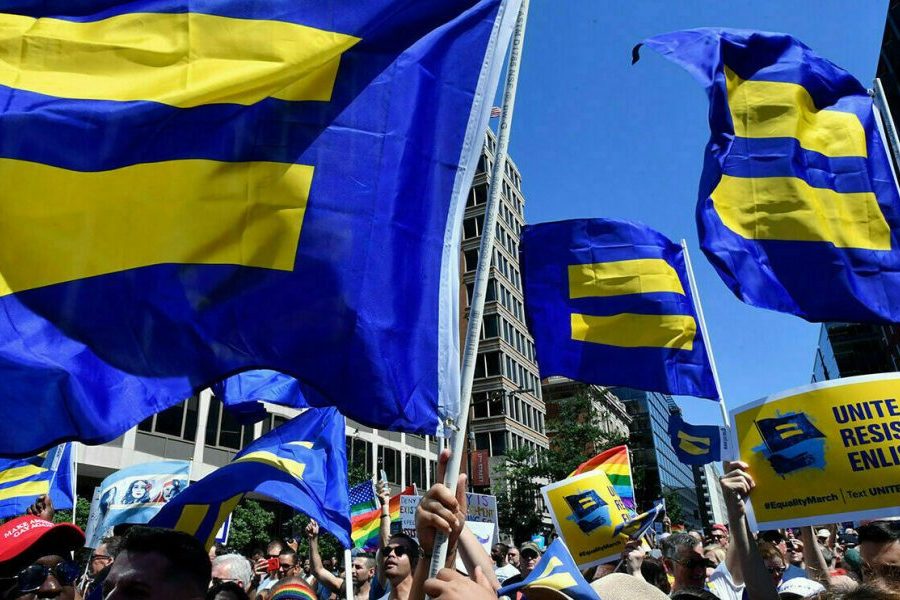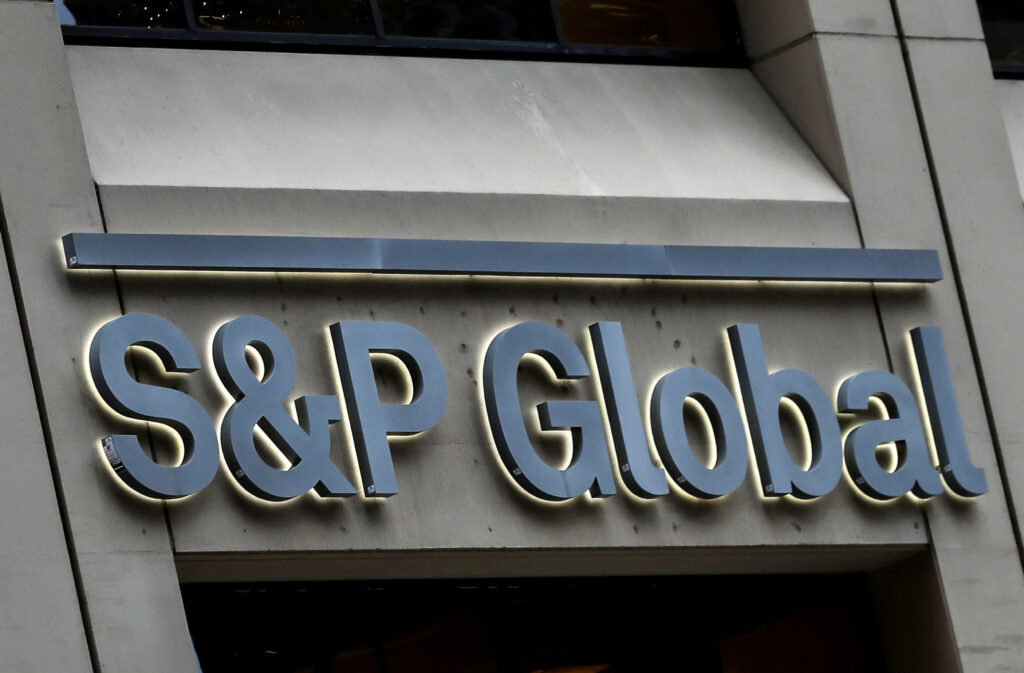By conflating adoption of LGBTQ ideology with sustainability metrics, rating agencies discriminate against companies with different values.
Overview

S&P Corporate Sustainability Assessment includes metric that encourage employers to adopt LGBTQ ideology.
Rating agencies like S&P inform investors about how safe a company is to invest in. However, when the metrics used include political ideologies, the assessment punishes companies with differing values.
The S&P metric asks employers about the percentage of employees self-identifying as LGBTQ, with a range of options:
- >75% of FTEs (Full-Time Employees)
- 50-75% of FTEs
- 25-50% of FTEs
- <25% of FTEs
S&P justifies this question by stating that companies who adopt “inclusive hiring and retention practices” will get positive recognition and lower compliance costs.
S&P makes it clear that companies will need to increase hiring based on LGBTQ identities, and adopt policies that encourage retention. This could include adoption of preferred gender pronouns, preferred bathrooms, insuring gender reassignment surgeries and enforcing LGBTQ-sensitivity training to enforce LGBTQ ideology.
Failure to adhere to this metric could cause reputational risk and even higher compliance cost. Future compliance cost suggests that companies failing this metric will be penalised in the coming years.
S&P Corporate Sustainability Assessment 3.2.4 Workforce Breakdown: Other Minorities
“Companies who are early adopters of inclusive hiring and retention practices will therefore benefit from positive recognition and lower compliance costs in the future. This question specifically assesses companies’ diversity and inclusion practices by asking for the proportion of employees which selfidentify as part of underrepresented groups, such as having a disability or being LGBTQI+.” [1]
This metric is consequential because the S&P Corporate Sustainability Assessment (CSA) is used by institutional investors to determine the investability of companies.
More specifically, the CSA is used in [2]
- Dow Jones Sustainability Indices (DJSI)
- S&P ESG index family
- S&P Long-Term Value Creation Index
- JPX/S&P CAPEX & Human Capital Index.
The CSA is also displayed on the Bloomberg Percentile Rankings via the Bloomberg Terminal, which both mainstream and ESG-centric investors use.
Singaporean companies that are listed in America and American companies operating in Singapore might be assessed by S&P, which pressures them to adopt LGBTQ ideology across their offices as a company-wide policy.
Failure to adopt LGBTQ ideology penalises the company’s rating, which harms the company’s attractiveness to investors.

Bloomberg’s Gender-Equality Index encourages companies to drive social change through LGBTQ policies.
The Gender-Equality Index (GEI) is part of Bloomberg’s suite of indices to assess companies’ ESG progress [3]. which many institutional investors use to make investment decisions.
The GEI questionnaire includes [4]:
- Does the company capture representation of employees self-identifying as lesbian, gay, bisexual, transgender or queer (LGBTQ+) in leadership positions?
- Does the company offer gender inclusive parental leave policies?
- Does the company provide gender inclusive restrooms?
- Does the company have employee resource groups for employees who self-identify as lesbian, gay, bisexual, transgender, or queer (LGBTQ+)?
- Does the company give monetary support to any non-profit organization(s) with a primary mission of advocating for the following? LGBTQ+ equality in the workplace
- Do senior managers have clear diversity and inclusion (D&I) goals included as part of their annual performance reviews?
For companies to score in these areas, they need to hire based on LGBTQ identities, recognise same-sex relationships, adopt transgender ideology where it comes to bathroom use, and donate to LGBTQ activism.
The ensure that the workforce complies with LGBTQ ideology, the GEI also measures these:
- Does the company’s employee engagement survey address diversity and inclusion (D&I)?
- Does the company offer all employees unconscious bias training to raise self-awareness of implicit bias and provide tools or strategies to reduce discriminatory behaviors?
- Do senior managers have clear diversity and inclusion (D&I) goals included as part of their annual performance reviews?
This means that companies must encourage employees to adopt LGBTQ ideology, even if it runs against the company values.
Currently, GEI is used to assess companies based in the US and UK. However, this metric impacts many companies’ global policies. The trickle-down effects will eventually be felt in Singapore.







